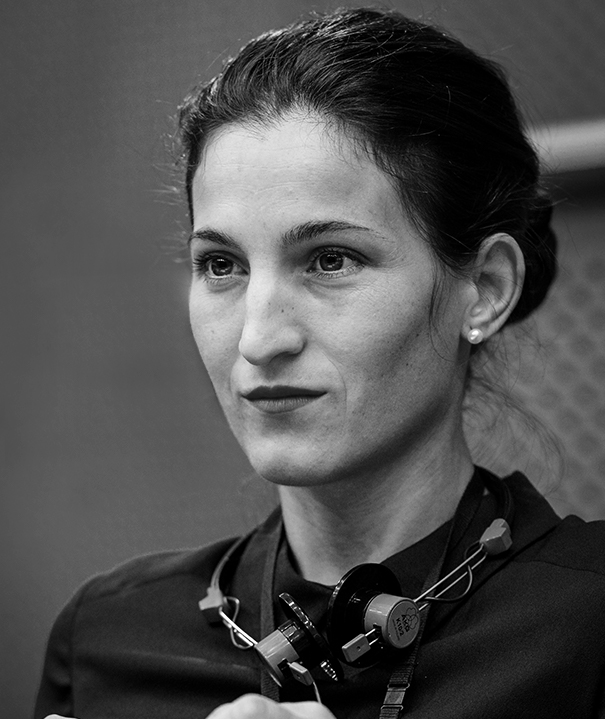#Erasmus500 Policy Insights: Brikena Xhomaqi

How could a strong grant system pave the way for a revolution in Lifelong Learning
Brikena Xhomaqi is the current Director of the Lifelong Learning Platform, the European Civil Society for Education. LLLP is an umbrella organisation that gathers over 40 European organisations active in the field of education, training and youth. Currently, these networks represent more than 50,000 educational institutions and associations covering all sectors of formal, non-formal and informal learning. Their members reach out to several millions of beneficiaries.
The Platform has a holistic vision of lifelong learning, from cradle to grave. In its manifesto in 2015 on “Building the Future of Learning in Europe” we call for inclusive, quality, modern and democratic education systems for all. Grant systems are at the heart of an inclusive education that helps overcoming social and economic barriers for learners to access quality learning opportunities across Europe. This is why we fully support the #Erasmus500 campaign calling for a stronger grant system for student mobility.
Turning learning mobility from an exception into a rule at all levels of education and for all educational actors (learners and educators) throughout their lives and regardless of their socio-economic background is key. Learning mobility is a powerful learning experience, where an individual moves from his/her everyday context, and has to open up and adapt. It is a great way to develop social, intercultural and interpersonal competences for life, and to promote a sense of common European belonging. It is also important to develop one’s employability, and there are many researches showing these various positive outcomes. Mobility is an experience that supports the development of key competences for lifelong learning, therefore supporting the European Union’s ambition and commitment to achieve the objectives of European Key Competences Framework. Mobility can definitely pave the way for a revolution in lifelong learning that serves Europe and its citizens, at least we wish to believe that at LLLP!
We all are aware of the positive impact of learning mobility for personal development, social inclusion and civic participation, turning learning mobility from an exception into a rule at all levels of education and for all educational actors should be our collective aim. This means overcoming financial but also personal barriers. Proper investment has to be made so that learning mobility becomes the rule instead of an exception for both learners and educators. The current grants are a symbolic contribution that can hardly allow the most vulnerable and marginalised to participate in any mobility experience. In Europe, less than the overall 20% of the whole population is mobile. You can make your own conclusions on such a small number of mobile people for a programme that wants to build a stronger future for European citizenship. For that we need to ensure that access to mobility programmes is possible for all regardless of their socio-economic backgrounds.
To build a European area of lifelong learning (or European Education Area like the EC prefers to call it) we have to ensure transparency and recognition of qualifications and skills around Europe and improve the quantity and quality of opportunities to go abroad, thus supporting the mobility of all citizens throughout their lives should be an integrated part of the equation for success.
We wish that EU institutions and Member States will hear the call and make it possible that learning mobility becomes a lifelong reality for all no matter where you stand in today’s society.
4 August 2020
